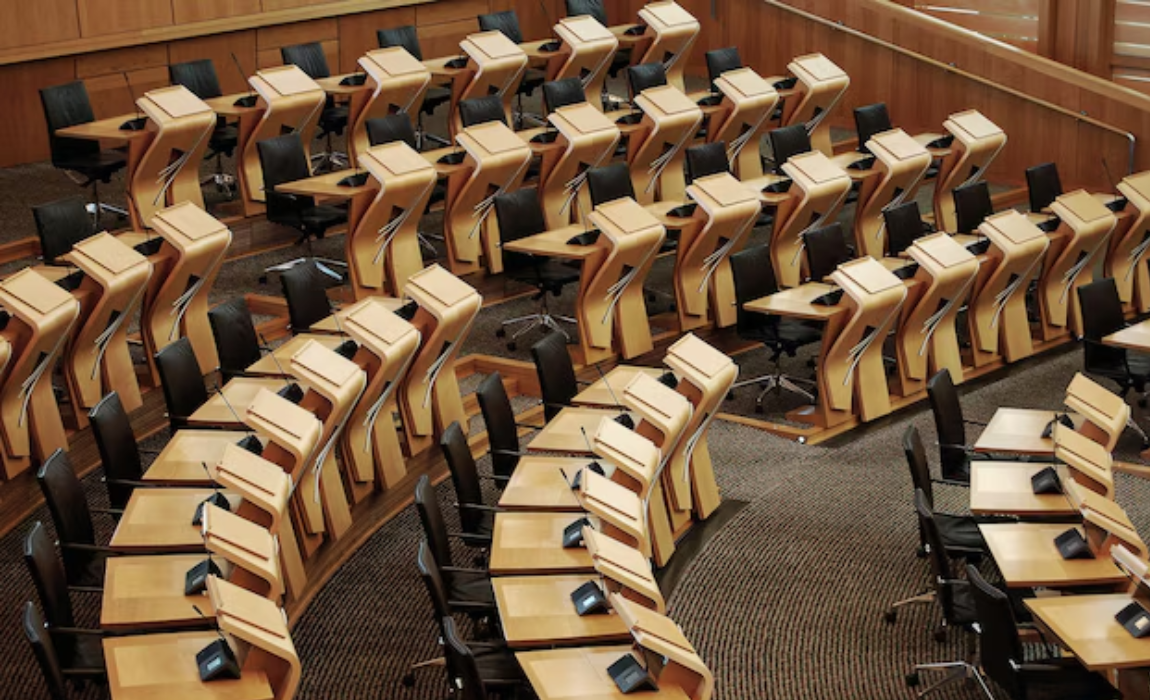
Supreme Court's Landmark Judgments on Sedition Law Reform in 2025
Sedition law in India has long been a subject of intense debate. Enshrined in Section 124A of the Indian Penal Code (IPC), it has been used in the past both to protect the nation and, at times, to curb dissent. In 2025, the Supreme Court of India delivered landmark judgments that may finally bring clarity to this murky terrain, balancing national security with the fundamental right to free speech.
At the heart of these judgments is the reaffirmation of the constitutional moratorium on prosecutions under Section 124A IPC. While the government continues to examine the law’s relevance and scope, the Court has emphasized that citizens should not face punitive action under a law that is under review. This decision is significant. It reflects judicial caution and a recognition that democracy cannot thrive if citizens fear expressing dissenting opinions, even on matters of governance.
The Court’s scrutiny did not stop at the old IPC. With the introduction of the Bharatiya Nyaya Sanhita (BNS) Act, 2023, the government attempted to reframe sedition under Section 152 of the BNS. This provision criminalizes acts that allegedly endanger India’s sovereignty, unity, or integrity. Many feared it could become a tool to stifle legitimate criticism. By agreeing to examine the constitutional validity of this new provision, the Supreme Court signaled its commitment to ensure that sedition law cannot be misused against free expression. This review promises to consider whether national security can be protected without infringing fundamental rights—a delicate but necessary balance.
Perhaps most reassuring for journalists, writers, and ordinary citizens was the Court’s clarification on media expression. The Supreme Court explicitly stated that articles, videos, or opinions—even critical ones—cannot be treated as acts endangering national unity unless there is clear evidence of intent to incite violence or disrupt public order. This judgment safeguards journalistic freedom, reminding authorities that even well-meaning laws can be misapplied if interpreted too broadly. In a country where the press plays a crucial role in accountability, such clarity is both timely and welcome.
The Supreme Court also consolidated petitions challenging both the old IPC provision and the new BNS Section 152, referring them to a larger bench. This comprehensive review is a recognition that sedition law cannot be examined in isolation. Historical misuse, contemporary threats, and the evolving nature of digital communication all demand a careful and nuanced legal response. The Court’s approach ensures that any future application of sedition law will be grounded in reason, fairness, and constitutional principles.
The significance of these judgments goes beyond legal interpretation. They reflect a broader democratic philosophy: that dissent is not disloyalty, that criticism is not sedition, and that protecting fundamental rights does not weaken national security. By pausing prosecutions, reviewing new laws, and safeguarding media freedoms, the Supreme Court has sent a strong message that India’s democracy values debate, dialogue, and dissent.
As the legal landscape evolves, lawmakers, citizens, and journalists alike must engage with these developments. The judgments of 2025 are not just about law—they are about shaping a society where freedom of expression coexists with the security of the state. In redefining sedition, the Supreme Court has reminded us that the health of a democracy is measured not by the suppression of voices, but by the space it allows for them to speak freely, responsibly, and without fear.
